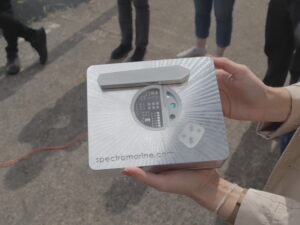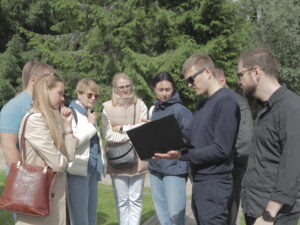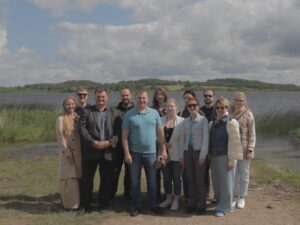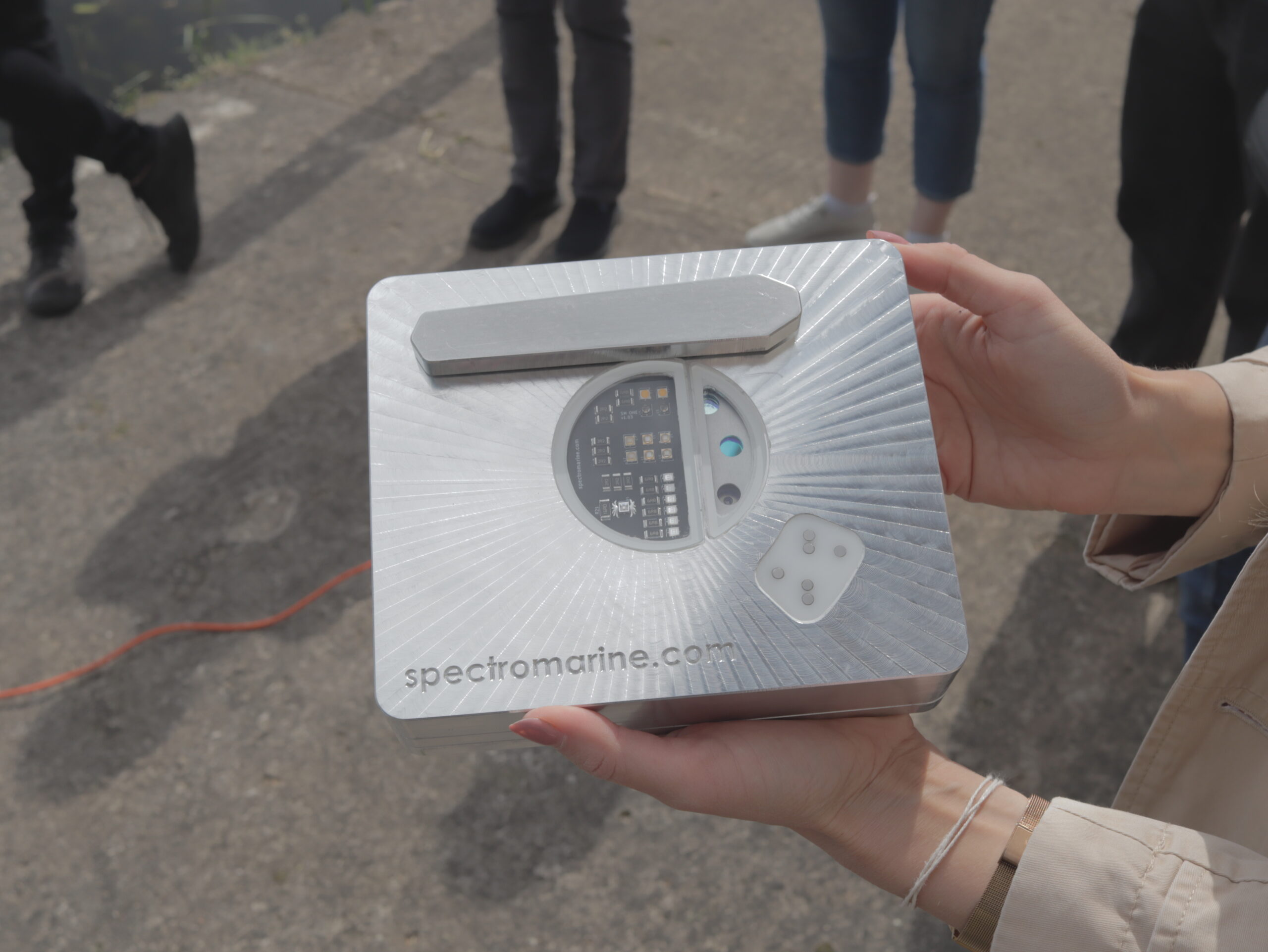
A cross-border project “LAKES GO DIGITAL” has been launched: application of autonomous smart buoys to real-time water quality status observations of urban lakes
To promote sustainable management of urban lakes and improve public access to information regarding water quality, a new Interreg Latvia-Lithuania cross-border cooperation project “LAKES GO DIGITAL” (LL-00256) will be implemented in Latvia and Lithuania in 2025-2027. It aims to improve urban water body monitoring through autonomous smart buoys, which will allow real-time monitoring of water quality and potential pollution risks.

The problem being addressed
In both Latvia and Lithuania, city lakes and ponds are often not included in national environmental monitoring programmes, although they are heavily used for recreation and other public purposes. Local government analyses usually take place only a few times a year, which is insufficient to detect water quality problems in a timely manner. Moreover, the problem of pollution, especially microplastics, is becoming increasingly acute. The project addresses this challenge by introducing an innovative knowledge-based governance approach and advanced technological solutions.
Project objectives and benefits LAKES GO DIGITAL aims to create sensor-equipped autonomous smart buoy to provide remote monitoring of the lake’s water quality. Buoys will provide real-time data on parameters for example, algal blooms. This will enable data-driven decisions to be made for the management of lakes, even in lakes where face-to-face monitoring is not possible. Alongside the technological solution, a data analysis system, visualization tools and a user-friendly management panel will be developed and maintained. Public awareness and outreach will be encouraged by making some data publicly available through QR codes near lake infrastructure. The project will also carry out quantitative assessment and mapping of urban lake ecosystem services, as well as develop a methodological approach that will allow autonomous smart buoy data to be integrated into ecological and spatial analysis. These solutions will help municipalities to implement sustainable water management and preserve lakes as an important resource for nature, culture and recreation.

Partners and local engagement
The project brings together several municipalities of Latvia and Lithuania, as well as the Latvian Institute of Aquatic Ecology – the lead partner, the national Regional Development Agency (Lithuania), the Institute of solid Physics of the University of Latvia and the University of Mikola Romers (Lithuania). The autonomous smart buoys will be in six lakes – Telšiai in Lithuania, as well as in the counties of Augšdaugava, Ludza and Saldus in Latvia. Data visualization tools and ecosystem service maps will be available online, giving citizens, tourists and municipalities easy access to information. This will encourage the involvement of local communities and strengthen local authorities’ capacity to act as modern and responsible water managers.


